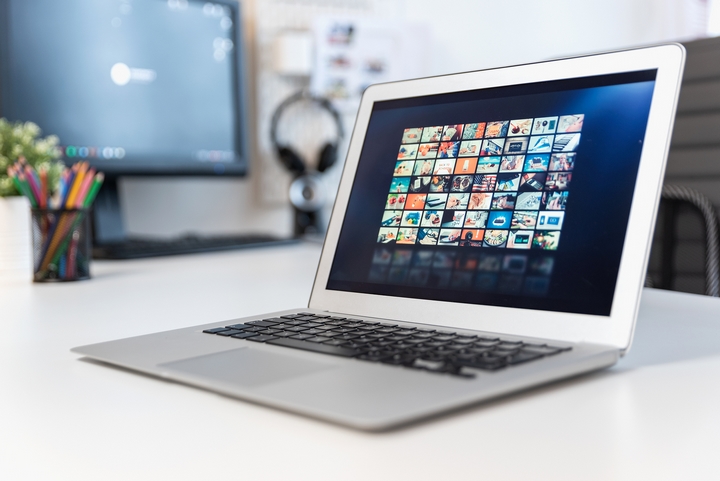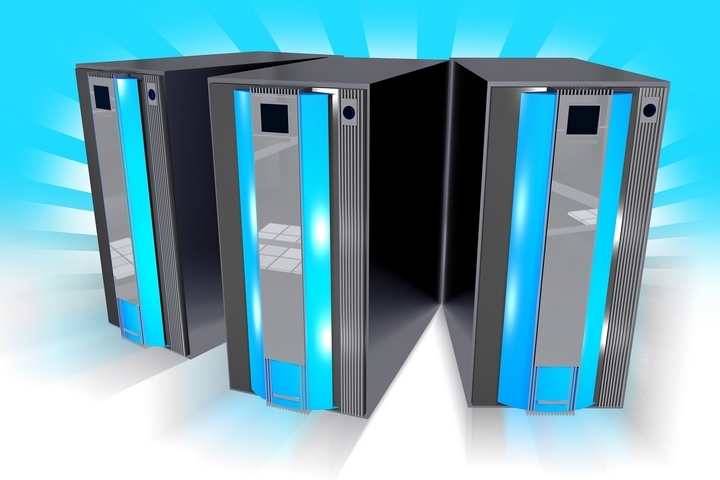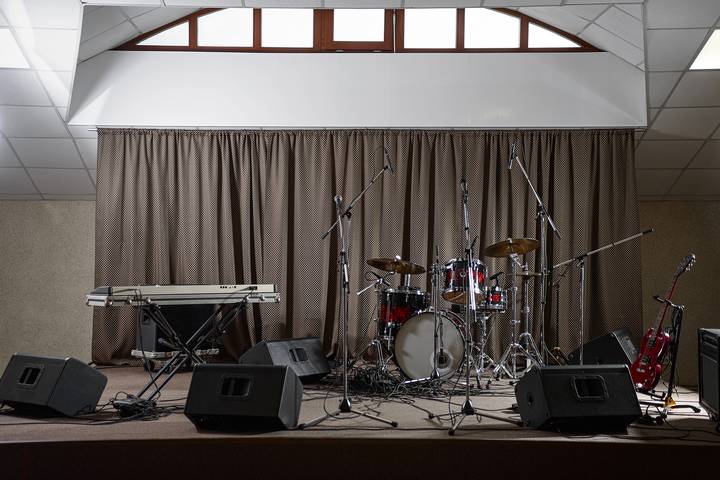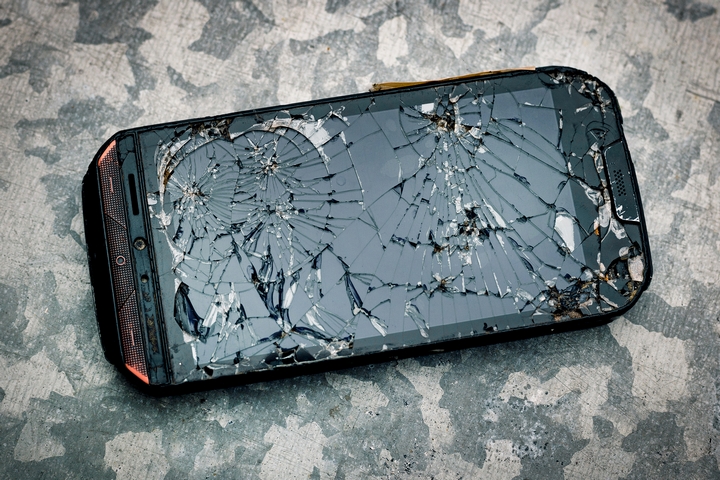If you’re in the process of planning an event, then you know that there are a lot of details to think about. One of the most important aspects of putting on a successful event is making sure that your sound and stage equipment is up to par. Dealing with stage and sound equipment rentals can be a daunting task, but if you keep the following five tips in mind, you’re sure to have a great experience!
1. Know Exactly What You Need

Knowing what kind of equipment you need before you start shopping around will save you time and money in the long run. There are a few points to keep in mind when planning your event. The size of your event will determine the size and type of stage you need, as well as the number of speakers and microphones.
The location of your event will also influence your decision—indoor or outdoor, a small room or a large hall? All of these factors will play a role in what kind of equipment you need to rent.
2. Know Your Budget

Obviously, you’ll want to stay within your budget when renting equipment. But keep in mind that cheaper isn’t always better—if you opt for the least expensive setup, you may end up with lower quality gear that doesn’t meet your needs. It’s important to strike a balance between quality and price when choosing your rentals.
There are a lot of companies out there that rent stage and sound equipment such as Cosmo Pro, so it’s important to shop around and find the one that best meets your needs. Read reviews, compare prices, and make sure you’re getting the best possible deal—maybe even one under budget!
3. Consider How Much Power You Will Need
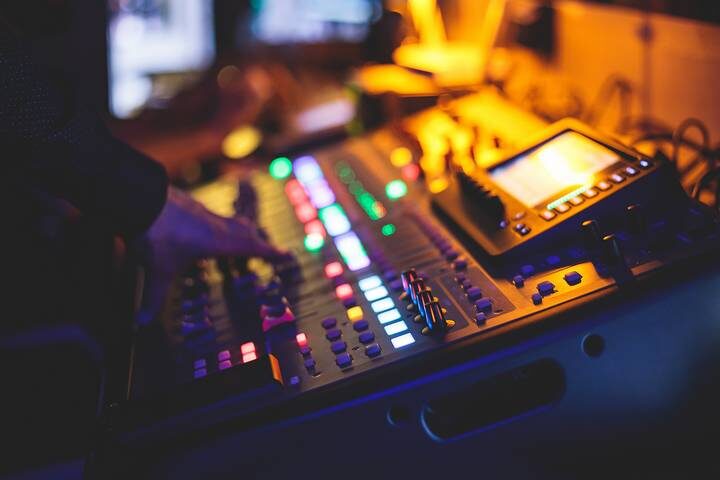
The answer to this question will determine the size and number of generators you need to rent. There isn’t an outdoor event in the world that doesn’t run on generators, and not all indoor venues can provide enough power for some of the largest sound systems. The last thing you want is for your equipment to run out of power in the middle of your event!
Make sure you have a clear understanding of how much power your equipment will need, and then add an additional 20-30% just to be safe. Always have a backup, which will cost more, but it could mean the difference between wishing your audience a goodnight too early and cranking things back into gear after a power outage.
4. Consider Delivery and Return Options
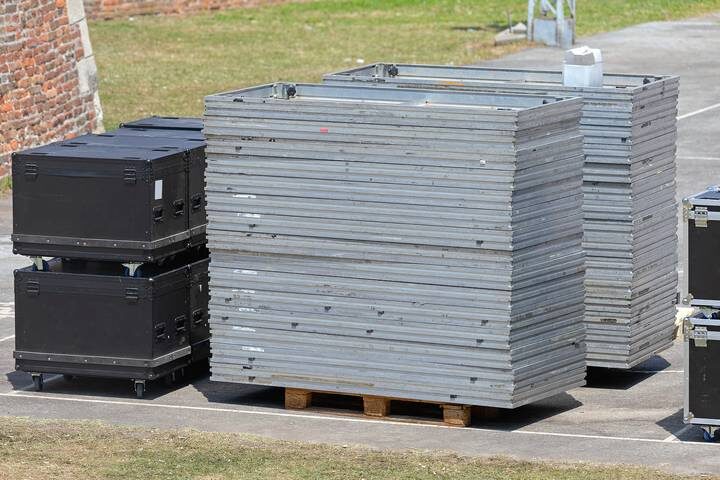
When you’re renting equipment, you’ll have to think about how it’s going to get to and from your event. Some companies will deliver and pick up the gear for you, while others may require you to do it yourself. If you’re not familiar with the area where your event is taking place, delivery and return logistics can be a nightmare. Be sure to ask about delivery and return options when you’re renting equipment, and plan accordingly.
It’s also important to think about things like set-up and tear-down when you’re renting stage and sound equipment. Some companies may include this in their service, while others may charge extra or not offer it at all. It’s important to ask about these details in advance so that you can plan accordingly. If you will be setting up your stage and sound equipment rentals on your own, you will want to make sure that you are familiar with the equipment before the event so that you can set it up and tear it down without any problems.
5. Purchase Insurance for Rented Equipment if Possible
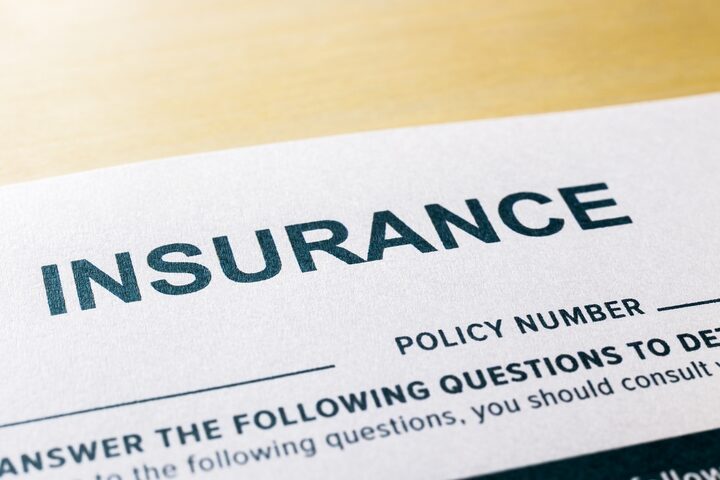
No matter how well you plan, accidents can happen. It’s always a good idea to purchase insurance for your rented equipment, just in case something goes wrong. This will protect you financially if any of the equipment is damaged or stolen during the event. Many companies that rent stage and sound equipment offer insurance, so be sure to ask about it when you’re arranging your rental.
Conclusion
All in all, renting stage and sound equipment can be a daunting task—but it doesn’t have to be. If you keep these five tips in mind, you’ll be on your way to putting on a successful event. Just remember to do your research, know your budget, and purchase insurance for your rented equipment in case something goes wrong.


